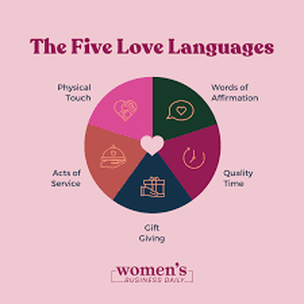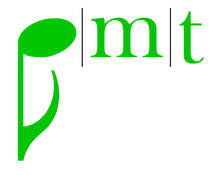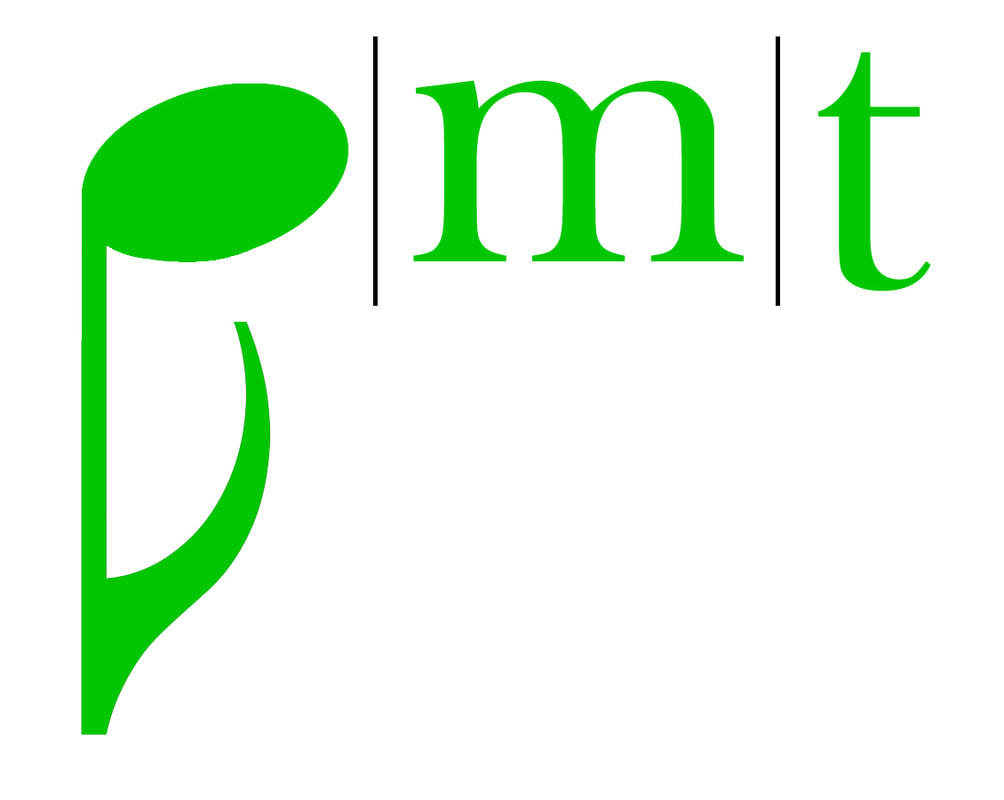|
BY: Gabby Jones, Music Therapy Intern  Light pink box with dark pink writing at the top of the box, reading, "The Five Love Languages". Pie chart underneath containing, in clockwise order, a green section reading "Words of Affirmation" with a word bubble, a dark pink section reading "Quality Time" with a clock, a dark blue section reading "Gift Giving", with a small gift in a palm, an orange section reading "Acts of Service" with a palm holding a dome food plate covering, and a light pink section reading "Physical Touch" with a heart and two palms touching. Light pink box with dark pink writing at the top of the box, reading, "The Five Love Languages". Pie chart underneath containing, in clockwise order, a green section reading "Words of Affirmation" with a word bubble, a dark pink section reading "Quality Time" with a clock, a dark blue section reading "Gift Giving", with a small gift in a palm, an orange section reading "Acts of Service" with a palm holding a dome food plate covering, and a light pink section reading "Physical Touch" with a heart and two palms touching. October 24th is “National Make A Difference Day”, and I firmly believe in making a difference in not only the larger world around us, but in the lives of the people we love the most. Something that I have always found important is loving my family and friends in the ways that make them feel the most loved. Because of this, I work hard to understand the ways in which each individual likes to feel special, or rather, their love language. The five love languages were first discussed in Gary Chapman’s 1992 book, The Five Love Languages: How To Express Heartfelt Commitment to Your Mate. Chapman outlines how an individual’s love language describes how they best receive and express love. The first is “Words of Affirmation”, meaning that an individual feels most loved when simply being told they are loved and appreciated, or reassured in their importance in another person’s life. The second is “Acts of Service”, meaning that an individual feels most loved when someone does something for them, such as folding their laundry, making dinner, or assisting in a difficult project. The third love language is, “Receiving gifts”, meaning that an individual feels most loved when given something special. The fourth love language is “Quality Time”, meaning that an individual feels most loved when spending uninterrupted and undisturbed time with people they love. The last love language is “Physical Touch”, meaning that an individual feels most loved when being touched by their loved one, such as being given a hug or a kiss. Recently, in a group session themed around acts of kindness and love, I discussed love languages with the members of the group. I chose a song to represent each of the five love languages, and I asked each group participant to share which song and love language resonated most with them. Here is the list: Words of Affirmation: Metta Chant by Barbara Dunn (May You Be Well) Acts of Service: Lean On Me Gifts: Magic Penny Quality Time: Stand By Me Physical Touch: I Wanna Hold Your Hand Love languages are powerful in creating connections with others. Understanding how a person feels appreciated and cared for can allow you to better establish and maintain a healthy relationship. Additionally, communicating your own love language can help others understand when and how you need to be reminded of their love for you. As therapists, understanding love languages in the people you work with can help in noting which ways individuals best receive feedback, encouragement, or reassurance. This can help with rapport within groups, not just between clients and staff, but between participants altogether. Building rapport between clients is just as important as creating connections between client and therapist. Additionally, understanding fellow staff members’ love languages can assist you in best supporting each other! What is your love language? How does your love language play a role in your personal life? How does your love language play a role in your professional life? Is there a specific song that you feel best represents your love language that varies from the list above?
0 Comments
Your comment will be posted after it is approved.
Leave a Reply. |
PMTProviding music therapy services for early childhood to older adults, music instruction and enrichment plus continuing music therapy education in Greater Charlotte Area of the Carolinas. Archives
May 2024
Categories
All
|
Piedmont Music Therapy is a 501(c)(3) status organization.
Piedmont Music Therapy accepts donations via venmo @piedmontmusictherapy or any amount through QuickBooks. Contact us to arrange an electronic pledge!
Main Location |
|


 RSS Feed
RSS Feed
